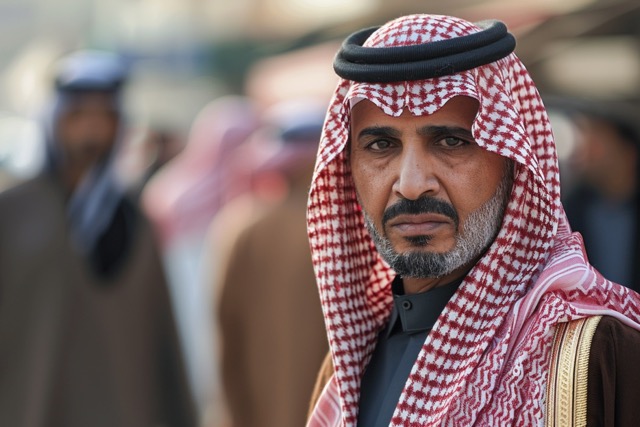Riyadh Professor Revolutionizes Healthcare with Biosensing Platforms
In a groundbreaking development, Dana Al-Sulaiman, a distinguished professor at King Abdullah University of Science and Technology (KAUST), is leading the charge in utilizing biosensing platforms to identify crucial biomarkers for chronic diseases. These biomarkers, known as cell-free nucleic acids, include microRNAs and free DNAs, and hold the key to early detection and monitoring of diseases like cancer and Alzheimer’s.
Driving Innovation in Medical Technology
Al-Sulaiman’s research spans across materials science, bioengineering, and microtechnologies, with a focus on developing advanced hydrogels, particles, and microneedles for clinical applications. Her work also extends to creating miniature medical devices for non-invasive delivery of vaccines and medicines, showcasing her commitment to improving healthcare accessibility and outcomes.
Revolutionizing Cancer Diagnosis
One of Al-Sulaiman’s most notable achievements is the development of an affordable and straightforward method for diagnosing cancer using nanomaterials and synthetic biomaterials. By leveraging biosensor technologies, she has devised a technique that translates test results from liquid samples into easily interpretable patterns, enabling early detection of cancer through simple visual cues.
Pioneering Projects for Precise Medicine
Al-Sulaiman’s vision extends beyond cancer diagnosis to encompass a wide range of serious diseases, aligning with the goals of Saudi Arabia’s Vision 2030. Her ambition is to spearhead the development of biosensing devices for disease diagnosis and precise medicine, ultimately revolutionizing healthcare in the MENA region and globally.
Recognitions and Future Endeavors
Having received accolades such as the bronze medal in the UK’s national STEM for Britain competition and the Healthcare Technologies Award, Al-Sulaiman’s scientific prowess is undeniable. Her innovative use of nanopore technology for rapid clinical information extraction from blood samples has the potential to transform cancer diagnosis and treatment, benefiting patients worldwide.

